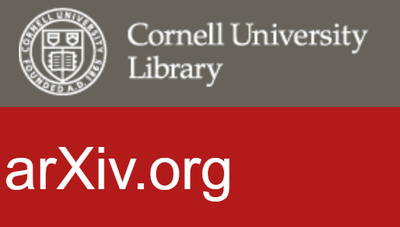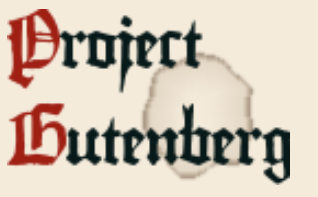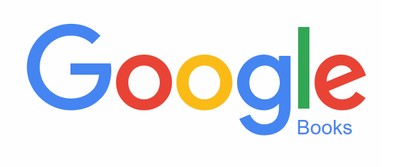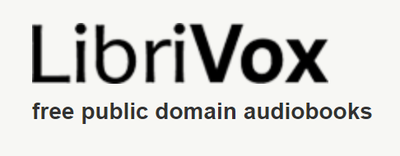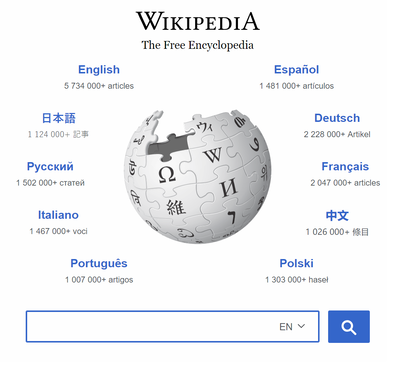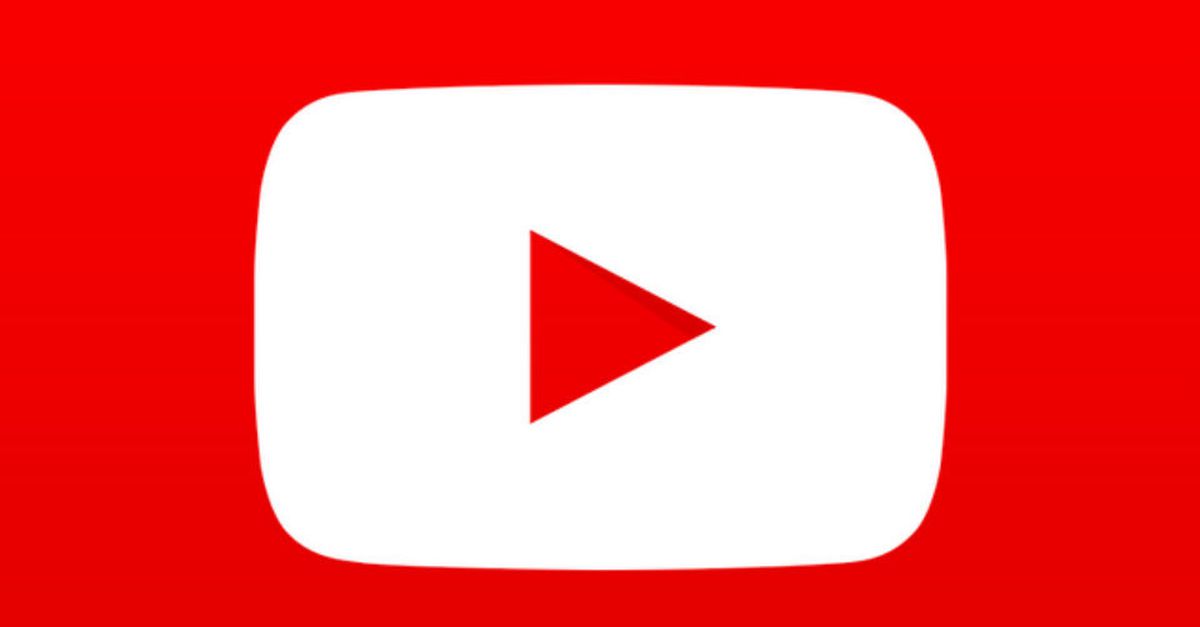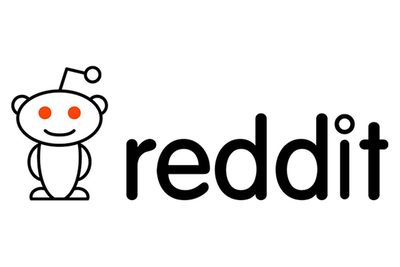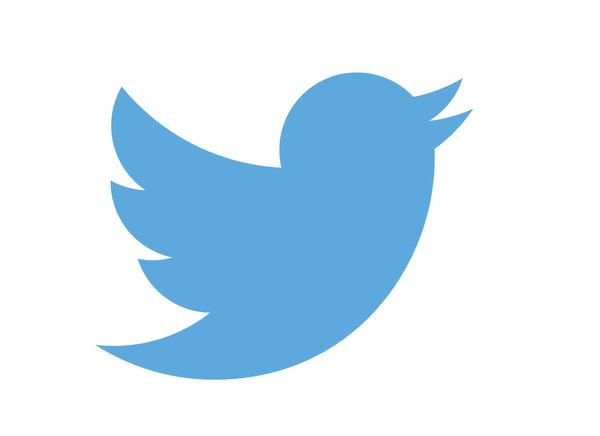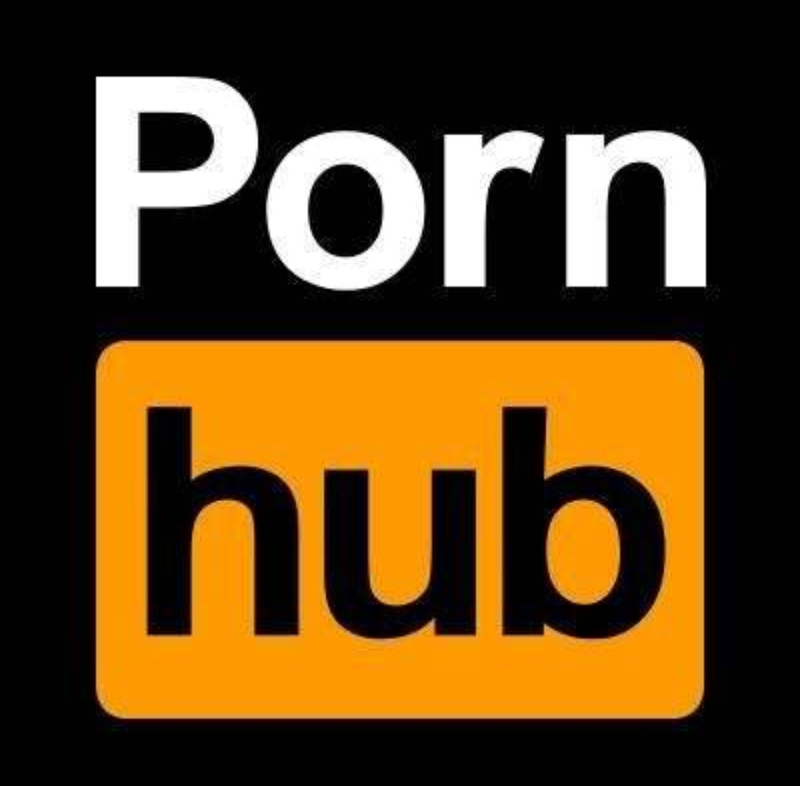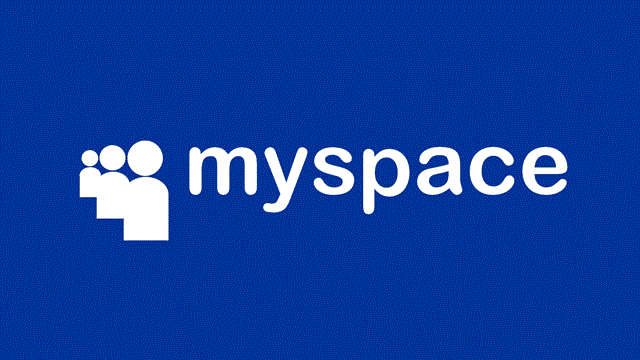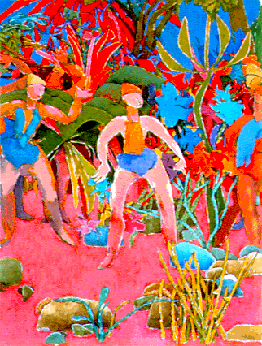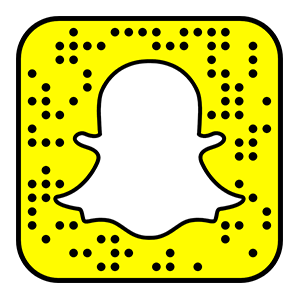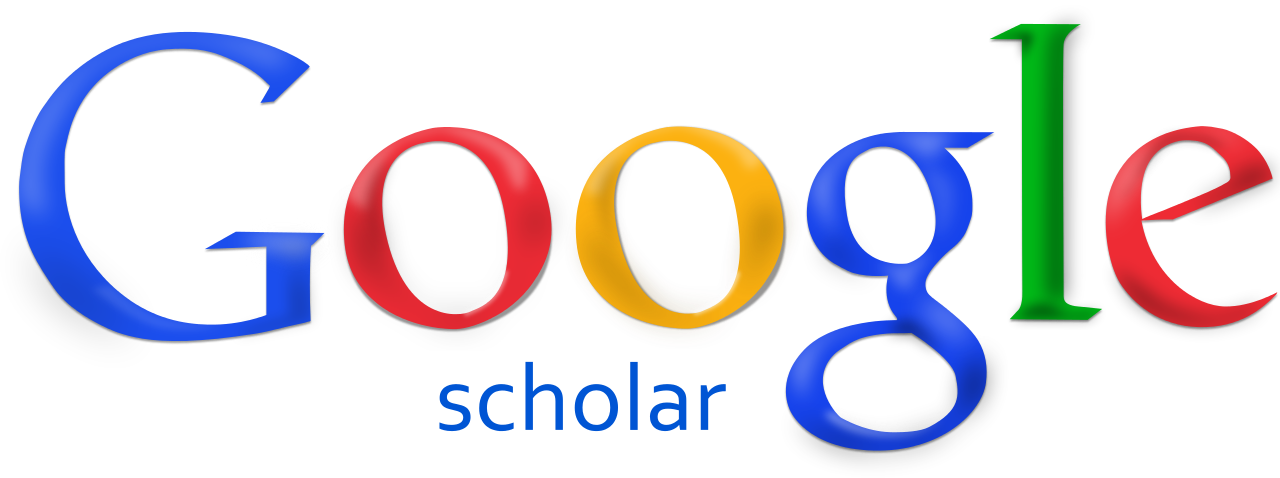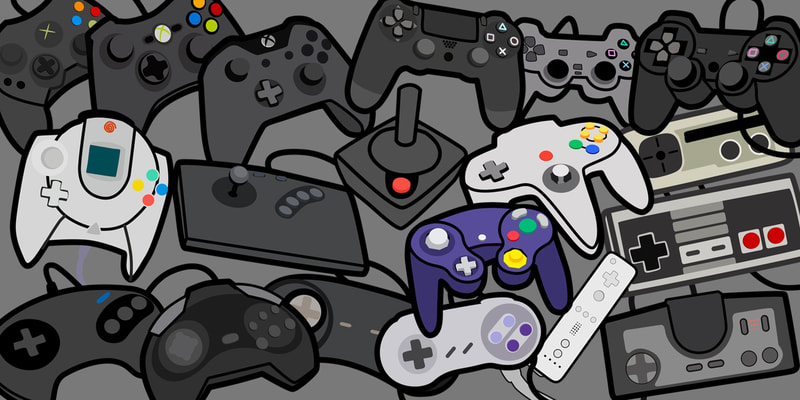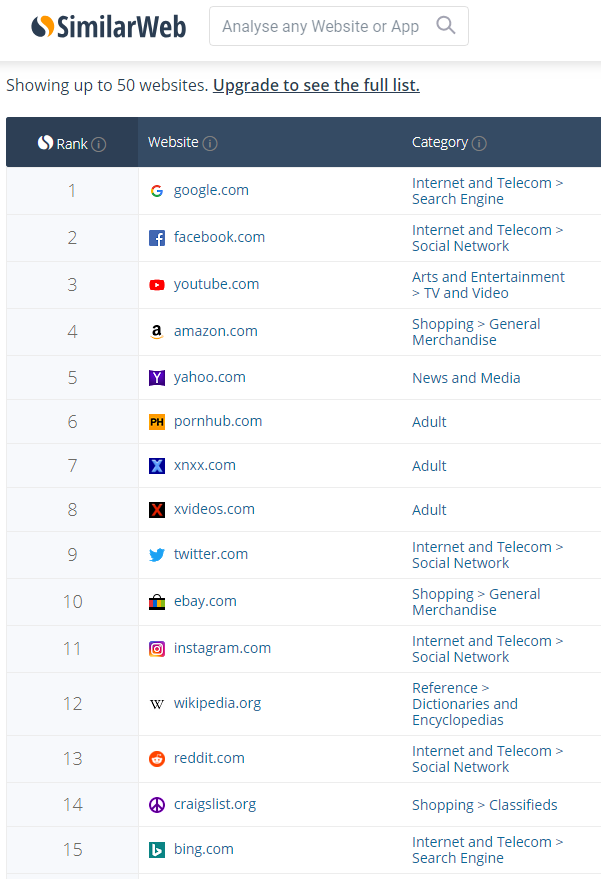click on any of the logos to go to that hall of famer!
criteria for selection- sociocultural implications (e.g. affects how humans interact, therefore contributing to a long/short-ranging social & cultural shift)
- synthesizes technology and the humanities in a novel manner (e.g., combined current technology with past or current data to make it more accessible, helped facilitate data collection and further the study of human footprints, encouraged long-range human communication) - broad impact (used by many around the world, well-known) - changed common perceptions of (a field in) technology or humanities (e.g., showed how art could be created using computers, how recordings stored online could be utilized as a digital library, etc) - current relevance (despite changes in the technology or humanities arenas brought on by the rapid advancement of both, hall of famers are still widely used today) author's note: if there was something i thought was relevant but didn't necessarily meet one or more of the criteria, i've included it below as an honorable mention. arguably, though, you could advocate for any of these to fit into a digital humanities hall of fame, which is good. ideal, even, because that reflects both the malleability of perception and the broad reach of digital humanities. |
descriptions of each hall of famer
|
